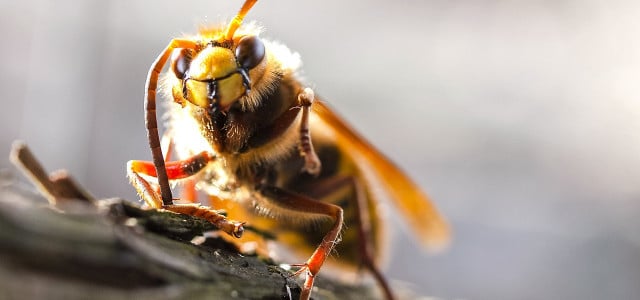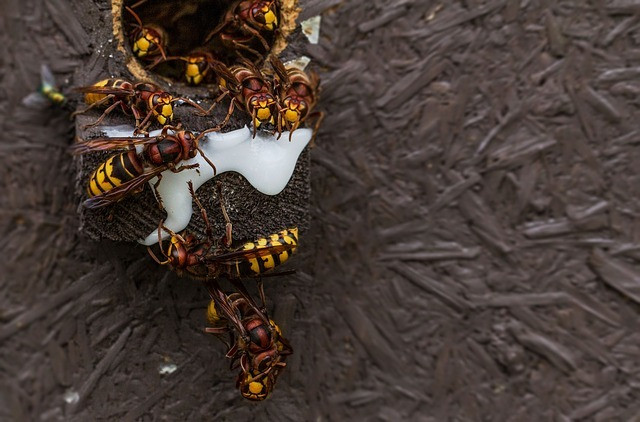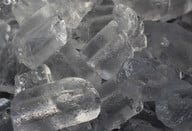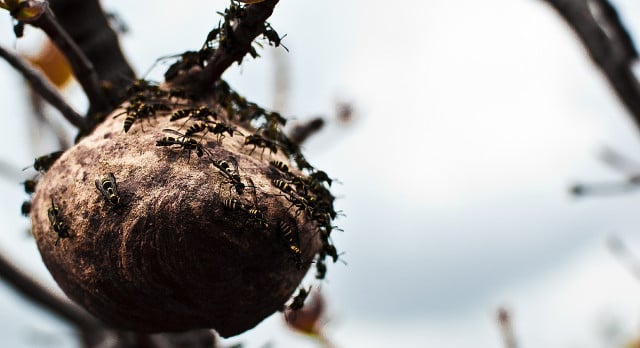
A hornet sting can be dangerous, but is truly life-threatening for only a few people. We explain how to treat a hornet sting with home remedies.
How dangerous are hornet bites?
There are many myths surrounding hornet stings – for example that three hornet stings can kill a person. Although hornets are quite large compared to other insects and the stings are painful, it is Hornet venom no more dangerous than that of wasps or bees. At a Bee sting even much more poison gets into the human body than with a hornet bite.
Hornet stings can only have life-threatening consequences for allergy sufferers: Severe swelling, breathing difficulties and circulatory failure are dangerous symptoms that must be treated immediately by an emergency doctor. In principle, allergy sufferers should always carry the prescribed emergency medication such as antihistamines, cortisone and adrenaline with them during the insect flight season.
For people without allergies, hornet stings can become dangerous if they are in the mouth or throat area appear. In this case, the airways may narrow as a result of the swelling that occurs.
Symptoms of a hornet sting

(Photo: CC0 / Pixabay / Resettlement)
Hornet stings are primarily painful. They also show the following symptoms:
- itching
- reddened skin in a radius of about four centimeters around the puncture site
- swelling around the injection site.
The following symptoms can be observed in allergy sufferers:
- irritated eyes
- difficulty breathing
- difficulties swallowing
- nausea
- tachycardia
- circulatory failure
- fainting
If you or someone else has been stung by a hornet, stay calm and don’t panic. Despite the severe itching, you should not scratch or press on the sting. Germs on your hands can lead to infection of the wound.
Home remedies for hornet bites

(Photo: CC0 / Pixabay / termakasih0)
If a hornet stings, you should act quickly. If you were stung in the mouth or throat area or if you have an allergy, see a doctor immediately. If this is not the case, you can proceed as follows:
- Remove tight-fitting clothing or jewelry, as the affected area of skin will swell.
- If possible, disinfect the puncture site with a skin disinfectant spray.
- Cool the puncture site with a cool pack or ice cubes. Do not place the ice cubes directly on the skin, but use a cloth.
- If you were stabbed in the arm or leg, keep your limbs elevated.
- give Vinegar or clay on the stitch, for example using envelopes.
- Half an onion cut open can disinfect the puncture site.
- Keep the puncture site clean for the next few days. This is how you avoid infection.
- If the symptoms do not improve after two to three days, you should see a doctor.
Prevent hornet bites

(Photo: CC0 / Pixabay / Guicho)
As always, it’s best if the hornet doesn’t bite in the first place. Generally, hornets are compared to other insects little aggressive and rather peaceful. But never corner hornets. They then feel threatened and use their stinger to defend themselves. Also hectic movements and blowing perceive hornets as a threat.
Do you discover a hornet’s nest, stay away for now so as not to frighten the animals. Hornets are protected species, so you can Don’t just remove the hornet’s nest may. A professional can help you relocate the hornet’s nest. Contact your city or municipality’s conservation authority. They know what to look out for when relocating and will help you.
Read more at Utopia:
- Drive away insects: Remedies against mosquitoes, wasps and Co.
- Treating wasp stings: effective home remedies for swelling and itching
- Save bees with Urban Beeing & city beekeepers?